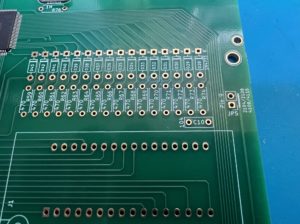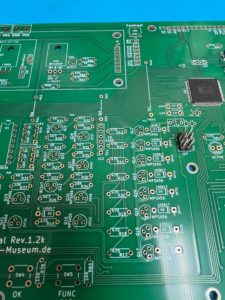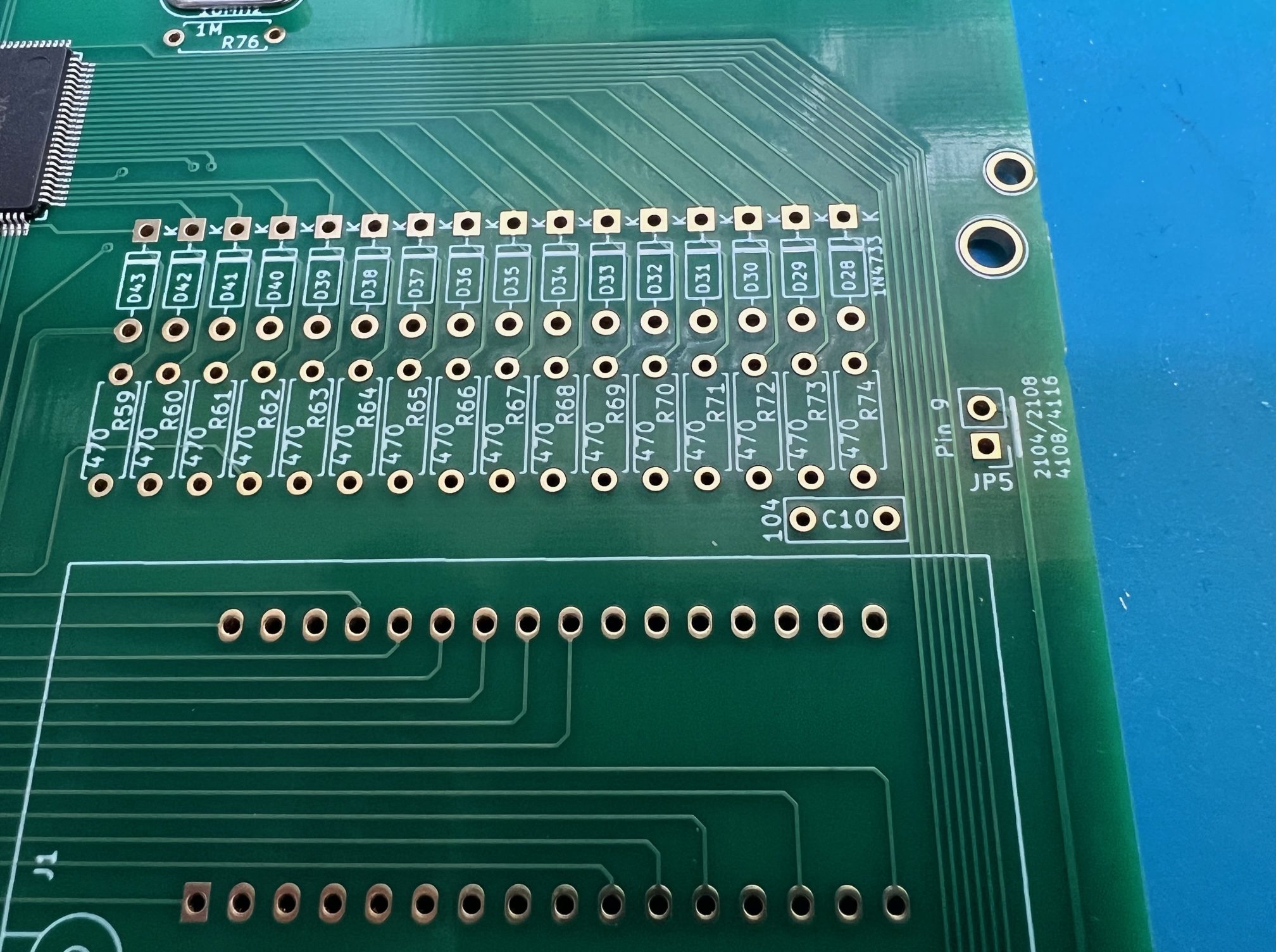New beta firmware v.28 beta2 released

v.28-beta2 is a maintenance release with some improvements.
1. EPROM programming: file extensions can be in upper case
2. Changed “Logic Menu #1”: Instead sorting DS/DM logic ICs in blocks of
DS8xxx, DS9xxx, DM8xxx, DM8xxx, the sorting is now 8xxx, 9xxx without
any prefix
3. Comparison list: selected ICs from Motorola MC800-, MC900, MC2000,
MC3000-series added (equal to SN15800-, SN15900-series)
A few exotic memory ICs have been added (custom definitions):
– SY2158A, SY2158B (1k x 8 – SRAM)
– DM87S201, DM87S202, DM87S221, DM87S222 (256 x 8 – ROM)
– DM8595, DM8596 (512 x 8 – ROM)
– 74F410 (16 x 4 – SRAM)
New Logic-IC tests:
– 742540, 742541, 74720, 74721, Am29520, Am29521
– 74210, 74310, 74340, 74341, 74344, 74535, 74536
– 40032, MC4015, 8092, 9007, 9016, 9017, 9312
– 9321, 9324, 74192, 74193, 8200
– 8555, 8556, 8560, 8563, 8835, 9007, 9317, 9318, MC14495
– MC830F, MC832, MC835, MC836, MC837,
– MC838, MC840, MC841, MC846F, MC849F,
– MC857, MC858, MC861F, MC862F, MC863F,
– MC930F, MC932, MC935, MC936, MC937,
– MC938, MC940, MC941, MC946F, MC949F,
– MC957, MC958, MC961F, MC962F, MC963F,
– MC1806, MC1807, MC1808, MC1809, MC1810,
– MC1811, MC1812, MC1818, MC1906, MC1907,
– MC1908, MC1909, MC1910, MC1911, MC1912, MC1918,
– MC2001, MC2003, MC2005, MC2007, MC2051,
– MC2053, MC2057, MC2101, MC2103, MC2105,
– MC2107, MC2151, MC2153, MC2157,
– MC3000, MC3001, MC3002, MC3003, MC3004,
– MC3005, MC3006, MC3007, MC3008, MC3009,
– MC3010, MC3011, MC3012, MC3016, MC3018,
– MC3019, MC3020, MC3023, MC3024, MC3030,
– MC3031, MC3032, MC3033, MC3034, MC3054,
– MC3055, MC3060, MC3063, MC3301
For the Motorola (MC) ICs please use the comparison list to find the
correct settings.
Improved / corrected tests:
– 74192, 74193, 8560, 8563, 93S47, 4931
All files are available from:
Firmware & Gerbers: https://8bit-museum.de/firmware
Dropbox main site: https://8bit-museum.de/dropbox










